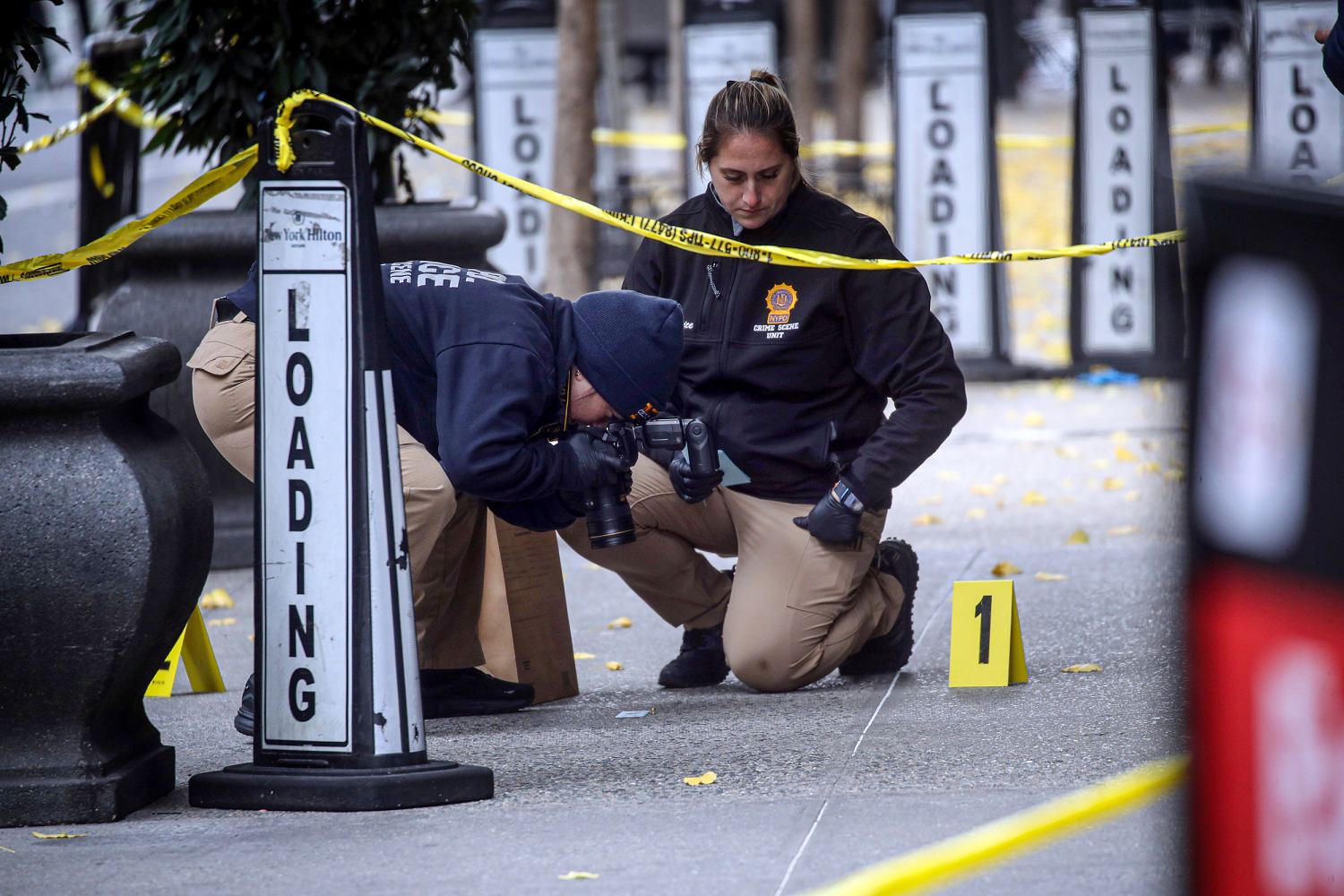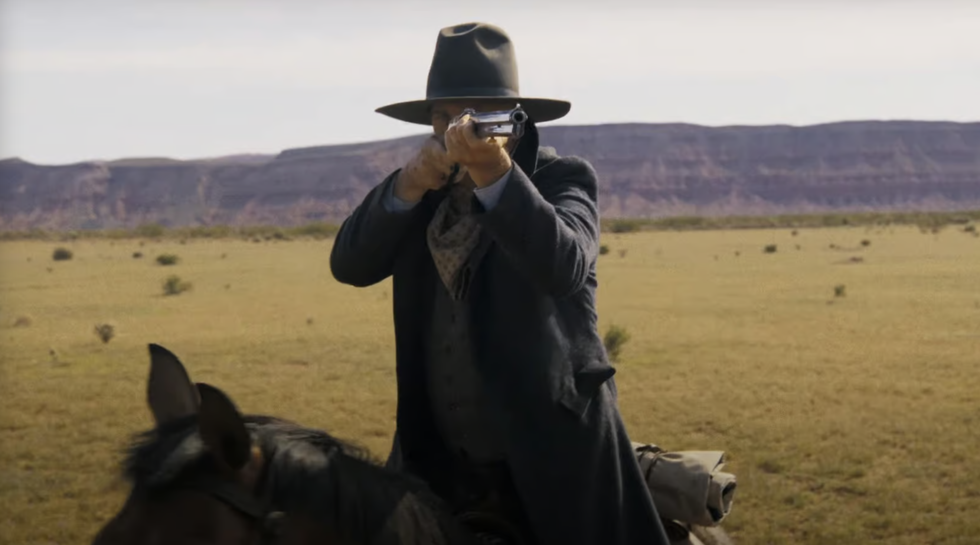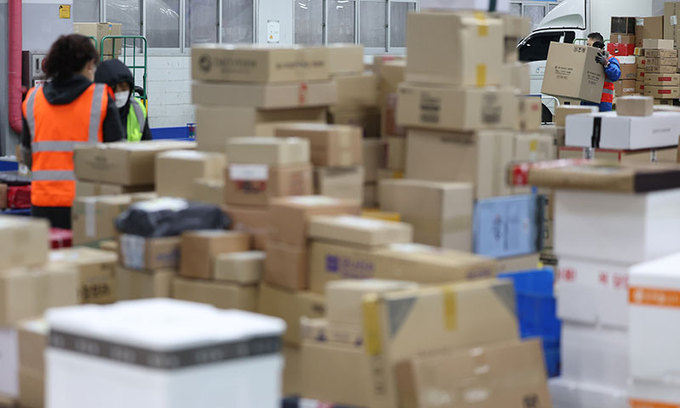I was sitting with my husband (then boyfriend), sharing my story of living with thalassemia major — a blood disorder that causes my body to have less hemoglobin than normal. In my case, it requires monthly blood transfusions.
He asked simply, “How can I help?” And I responded, “Help me repay the debt I owe to the countless donors who have given me the gift of life. Can you help me pay forward the kindness of blood donation?”
As I described the science, the physical feelings, and the emotional reactions of having an illness that is rare in the U.S., that was when it dawned on me that my existence is utterly and completely dependent on the generosity of countless blood donors.
As a child with thalassemia major, my parents impressed upon me the importance of valuing blood donations; they watched patiently as every last drop of blood from the donor bags crossed the threshold into my body. This lesson became permanent in my way of life as an adult. When I go for transfusions, I still ask, “Just 5 more minutes? I want to make sure I get every last drop.” Our nurses understand this is my usual dance and my way of valuing the gift of blood donation.
Yet, it has taken me over 35 years to express my gratitude to blood donors. It is about time, especially as the nation grapples with the worst blood shortage in more than a decade. Donors are more important than ever.
I offer my gratitude in phases: acceptance, acknowledgement, and reflection.
Acceptance
As a primary care physician, I play the role of caregiver and provider, both at work and at home. And since I have received over 500 units of blood in my lifetime, I have also had to learn to accept being the recipient of care. While others may find it easier to accept this kindness, it has been a more difficult journey for me. But accepting the care and kindness of others has helped me realize the power of my heroes (my donors). Because I have been able to receive donated blood throughout my life, I am able to experience the joys in life: walks with my dog, movie nights with my niece and nephew, memorable meals with my loved ones, planning a future with my husband. These cherished moments are possible only through the kindness of blood donors. I can live a life full of mundane pleasures, casual worries, and wondrous surprises because of their benevolence.
Acknowledgment
Communities thrive when the collective benefits from the positive impact of individuals. When we offer help, care, and kindness to an individual, it is an investment into the community. We lend a helping hand to those who need it, pay it forward for the kindness we have received, and act as role models for the next generation.
Donating blood is an act of service, and we must recognize it as such. It has fueled my path to paying it forward in other ways. I am mindful of each day and the life I lead, and I think of the gifts of life I have been granted. As a result, I’m able to advocate for my patients and provide the best care possible.
Reflection
I believe in the goodness and giving nature of our communities. And it takes a generous person to be a blood donor. My life is indebted to the kindness of strangers. When I despair about our world, I find solace in these acts of kindness. When I find myself soaring with joy, this debt grounds me and reminds me these moments are possible only through these acts of kindness.
I want to leave you with this idea: how can we each contribute positively to the cycle of blood donation? From our blood bank teams to laboratory scientists, healthcare providers, community members, and patients, we all have a role to play. We can advocate for further streamlining processes for blood donation, utilizing evidence-based criteria for blood donation and receipt, and implementing best practices in the treatment of acute and chronic illnesses to minimize the need for blood transfusions. We also must remember to continue expressing our appreciation for blood donors.
Although I do not know my donors’ names, I know them in a way few others do.
For their kindness, I am eternally grateful. I promise to make every last drop of this debt worthy of a life lived.
Ankita Sagar, MD, MPH, is a primary care physician and System Vice President for Clinical Standards and Variation Reduction at CommonSpirit Health.
Note: This article have been indexed to our site. We do not claim legitimacy, ownership or copyright of any of the content above. To see the article at original source Click Here












![윤석열 44.7% 이재명 35.6% 안철수 9.8%…尹 5.5%↑ 李 1.3%↓ 安 2.4↓ [리얼미터] thumbnail](http://img.segye.com/content/image/2022/01/26/20220126502767.jpg)
